I repeatedly hear from women who are fed up with orienting to and managing men’s emotional states – whether in their partners, their fathers, friends, or coworkers. My experience is that this subject has the potential to irritate and even enrage people (men and women both), so I’d like to move into it slowly and softly, yet sincerely, because I think there’s a lot of meat here.
I’m interested in this dynamic, because I’m a divorced father raising a 13-year-old daughter. I want her to grow up with the tools for a healthy life, and study after study keeps telling us that healthy relationships are at the root of success in almost every endeavor we undertake – school, career, marriage, childrearing, even death. What I want for her more than anything is to feel like she has choice in her relationships, not awkward emotional entanglements or obligations. I’m going to refer to that as emotional autonomy (or sovereignty).
In the last year, I went through a major period of grief and depression. I lost my home, my financial security, and the woman I loved (the second time around – I was divorced before this). So let’s not pretend I’m a relationship guru. Obviously I make mistakes. Throughout that time, I was overwhelmed and flooded with difficult emotions for months. In turn, this triggered unwanted and shameful feelings from an early childhood trauma when I was 1-year-old and my mother died suddenly.
These are huge emotions. About as big as could be. What surprised me was how consistently well my daughter was throughout this time. She was and is confident, intelligent, and outgoing. I could not be more proud of her.
How did she manage to witness me going through what was obviously an emotionally intense time without getting sucked into my vortex of grief and depression? This is an honest question for me, not a lead-in to “here’s how.” Because I like inquiry, not overt instruction.
I wrote about all this a few days ago, but what I’d like to focus on here is how daddy-daughter dynamics are leading many adult women to feel uncomfortably entangled (or worse) in their relationships with male partners. Among my friends, and writ at large in our culture, is a massive disappointment in the way grown men are handling their emotional states. Rather than developing awareness and healthy ways of coping, men are too often brandishing their emotions like they take up all the room in the house. And worse, they’re often doing it without even noticing.
The result is that girls and women (and boys) are learning to respond to big male emotions in a variety of ways – compassion, rejection, hiding, tiptoeing, hatred, attraction, and more. It’s not that children and women aren’t having sloppy emotions too (they are), it’s that dad too often takes up all the space. Girls are learning this at an early age from their fathers, and then finding themselves repeating this dynamic in their adult relationships with men (often unwittingly). An increasingly vocal number of women are fed up.
Let’s pause. If you’re feeling lost or irritated, I want to win you back. I think this subject is worth exploring, but the only way we can do that (and not just preach to the choir) is to make room for all of us. To begin, let’s not presume that a general pattern speaks for all men or women. Individuals are always individuals, and there’s a lot of healthy men and women out there. If you’re reading this, that alone signifies a good deal of sincerity on your part, because folks who get enraged by this subject will already have quit.
Second, let’s not speak as if this is a girl-father dynamic, or woman-man dynamic. It’s a human dynamic, and it can show up in boys with their mothers or fathers (or both), and in relationships between girls and mothers too. Also, some women are sloppy with their emotions and take up all the room in the house too, and it’s dad and the kids tiptoeing around her. And of course, there’s plenty of healthy families and adults too.
I’m speaking to this particular dynamic because I’m a father raising a daughter. I’m also a patient listener to friends and elders alike, and it’s women who are consistently vocal about this issue. I think it’s fair to generalize a little bit and say that women are fed up with men in this way and are looking for change. Men, on the other hand, don’t talk (I don’t know if you’ve met any). That’s being a little unfair, but what I’m getting at is that there isn’t the same cultural pushback from men because…men don’t talk as much.
What they do do, or some of them do (enough of them to cause a cultural backlash), is throw their emotions around so heavily that their women and children are constantly checking dad’s emotional dipstick in order to cheer him up, avoid his anger, not draw attention, heighten the conflict, or whatever litany of responses might be in order at the given moment.
Again, slow down. Everyone is like this. We all have emotions and they impel on others. We’re social creatures and this is normal. What’s abnormal is that men are taking up an unfair portion of the emotional space in the room – and often without acknowledging it outright. Their children are learning to cater to this, to interpret dad’s unspoken needs, and this often leads to two unwelcome results. First, the boys are learning that this is acceptable behavior once they’re of age. Second, girls are learning to cater to dad’s emotions, and this leads them to similar dynamics in their adult relationships.
Back to me and my daughter, and my big bout of depression. Parents like me who want to avoid this dynamic, who are trying NOT to needlessly rely on our children for emotional support, tend to find it easier when we feel well. It’s easy to give your child emotional autonomy when we feel secure, happy, engaged, loved, etc. It’s much harder when we’re facing difficult emotions like sadness, grief, trauma, and anxiety. What’s uncomfortable to recognize is that this dynamic between parent and child is increasingly common because many of us are single or divorced parents with single children.
Our culture at large is under a lot of stress right now, so there are a lot of single parents out there facing huge emotions and going home to single children. If this doesn’t resonate with your particular situation in life, I hope that by now you might see that as a cultural dynamic this is of almost epidemic proportions. There are so many single adults whose primary emotional relationship is with their one child. And those adults are stressed. According to the Pew Research Center, “Almost a quarter of U.S. children under the age of 18 live with one parent and no other adults.” That’s about 18 million children.
How do we help those parents, whether mom or dad, face their big emotions without needlessly imposing on their child’s emotional autonomy? Can you understand the heft of that question? I feel like it’s one of the most clear and grounded inquiries I’ve ever come across.
The reason I’m struck by it right now is that I myself went through absolute distress in the last year, and for good reason. I lost an enormous amount of stability in my life. I wasn’t emotionally irresponsible. I was legitimately troubled. I’m the kind of person that wants to face that. More and more of us are. Difficult emotions aren’t wrong in and of themselves. They are pointing at something that wants attention in us.
For those of us who choose to face these difficult places in ourselves – places like anxiety, depression, grief, trauma – how do we do this safely so that our children retain emotional safety and autonomy?
I would be a fool and a liar to claim that I know. I dislike certainty in “experts” of any kind. Humility is a sign of wisdom and grace to me, and it’s usually where I seek answers. Folks who are certain are, in my estimation, usually wrong, insecure, or at the very least lack awareness of how complex dynamics play out in diverse people and situations. There is almost never a one-size-fits-all solution.
So, I’m just asking questions. And the question I keep asking is this – Why did my daughter maintain such a healthy sense of wellbeing when I was such a wreck? What did she do? What did I do? What did we do well together? What could we have done better?
If this subject is interesting to you, please join me for PARENTING WITH DEPRESSION, a 3-Part Series on Zoom (July 8th, 10th, and 12th) for parents facing depression, trauma, anxiety, grief, and other significant emotional states. The purpose is not to heal or shift those emotional states (though that’s a welcome influence), but to understand how we can safely face these difficult feelings, which we know to be real, without negatively impacting our children. This will also be relevant to adults who aren’t parents, but have faced these dynamics in their own childhood and want to gain perspective and further autonomy as adults.
Parenting with Depression
And Other Emotional Intensities
July 8, 10 (Tue & Thur) @ 6PM Mountain Time, and July 12 (Sat) @ 10AM Mountain Time
There is no cost for these calls. At the end, I will invite participants to join me on Substack and become a paid subscriber for $5/mo. It will be your choice. A recording will be shared with those unable to attend.
Parent Coaching
I have space this summer to begin working 1-on-1 with clients who want help creating more laughter, joy, and connection in the home. This is a good chance to get in on the ground floor with me. I am the author of How to Tell Stories to Children, a teacher, and father who has been working with children for over 10 years. Throughout that time, I have built a network of families, farmers, and elders who are true community for these kids. Together we have navigated growth, rites of passage, death, loss, joy, and our children’s education. If you want help creating this for your family, let’s talk.
I want to help parents build sustainable community and navigate new growth patterns for childhood, education, and our collective future. It starts in the home with simple, everyday connection, love, and trust. Children who have this as a foundation excel at whatever they take on. They become more resilient and create healthy friendships. Meanwhile, parenting becomes easier and more joyful. This kind of community can help you and your child weather difficult seasons. I can help.
Send me a message, and let’s see if we’re a fit. First call is on me, and if we like working together we can find a schedule and cost (roughly $75/session) that works for both of us. Lean on my years of experience crafting joy and connection with healthy children.
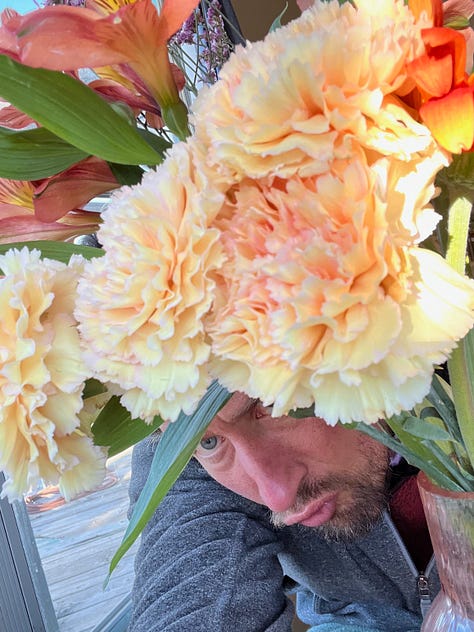
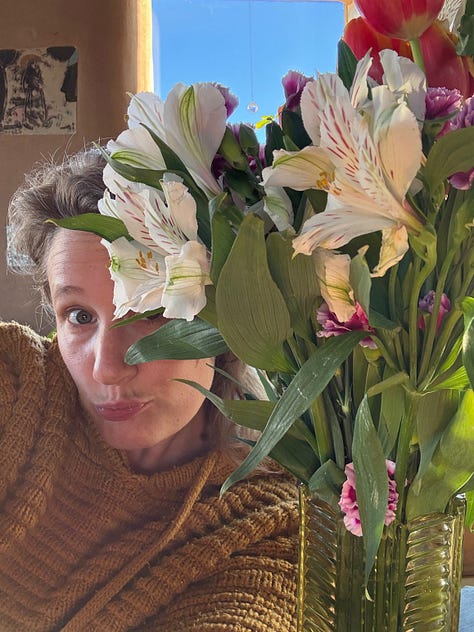
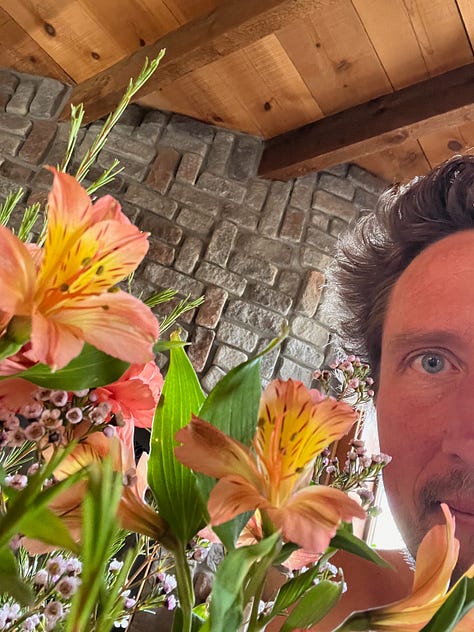
Who I Am and Where I’m Going
I am the author of How to Tell Stories to Children (21 languages) and the creator of the Juniper School, a homeschool cooperative for children, families, farmers, craftspeople, and elders in Taos, NM. In 2023, I received a grant from VELA Education Fund to further alternative education. I want to help kids and families, and adults of all ages, integrate more personal connection into their home, work, school, and life.
My Values
Every child is intelligent
Connection, not curriculum, is the foundation of learning and growth
All educational models have strengths
Having fun is important
Life is personal
Respect for women’s leadership
Subscription Details
By the end of summer, I will be sharing posts and creating events with paid subscribers. Cost is $5/month. Free subscribers will get newsletters and previews.
Why am I doing this? I work with kids and families in ways that transcend conventional ideas of education, childcare, and mentorship. I want to build a business that allows me to work with children and families in person and online without asking for payment at every transaction. Your support helps and gives you access to:
Online calls on parenting, education, and community topics
Simple practices to support play, connection, learning, and growth
Hard-hitting questions and discussion
Alternative education resources
The Essence is Connection
Children thrive when they feel seen. So do we. Learning and growth become more self-directed and easeful. Friendships, family, and relationships bloom.
I want kids and families, and all people, to feel more love and connection in their lives, so that we can more freely choose to do the things that take guts and bring a renewed sense of humanity and vision.
By becoming a paid subscriber, you help me bring connection and growth to the kids and families who need it. Please consider it.
Joseph Sarosy
I am the author of How to Tell Stories to Children, Off Grid Kids, numerous resources on parenting, and the creator of the Juniper School, a homeschool cooperative in Taos, New Mexico. I have two degrees, one in civil engineering because I’m a math nerd, and one in philosophy because my friends were bookworms. I respect community members and elders, POC, and indigenous voices. I listen to children when they talk to me.
For over 10 years I have been teaching, writing, learning, and exploring the planet with my students and a collaborative group of elders, farmers, and craftswomen - almost exclusively in outdoor settings. In 2022, I co-facilitated a Forest Kindergarten Teacher Training, and in 2023 I received a grant from VELA Education Fund to promote alternative education in Taos. But I like public education. It is because of public education that people of diverse backgrounds now have more choices.
Today, our cultural and technological legacies have given us a new choice: to integrate love and personal relationships back into our daily lives, our schooling, and our work. More people want to live, learn, and earn from home and with friends. It takes courage, but it can be done. Without this step, the loneliness and isolation that many of us feel will proceed unchecked as professionalism overtakes intimacy as the mark of success. Honest, loving attention remains possible. I want this for everyone. Everywhere.





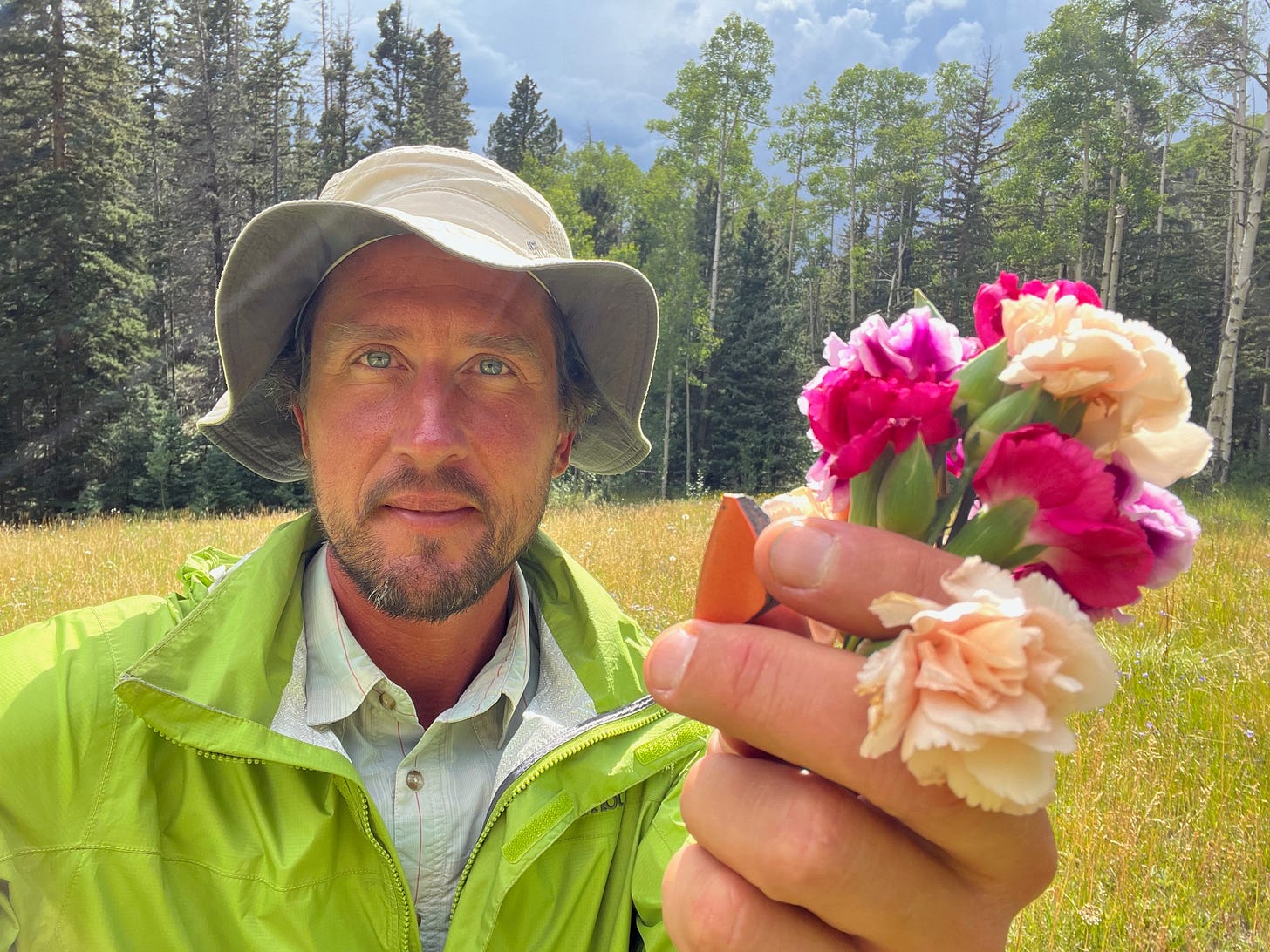
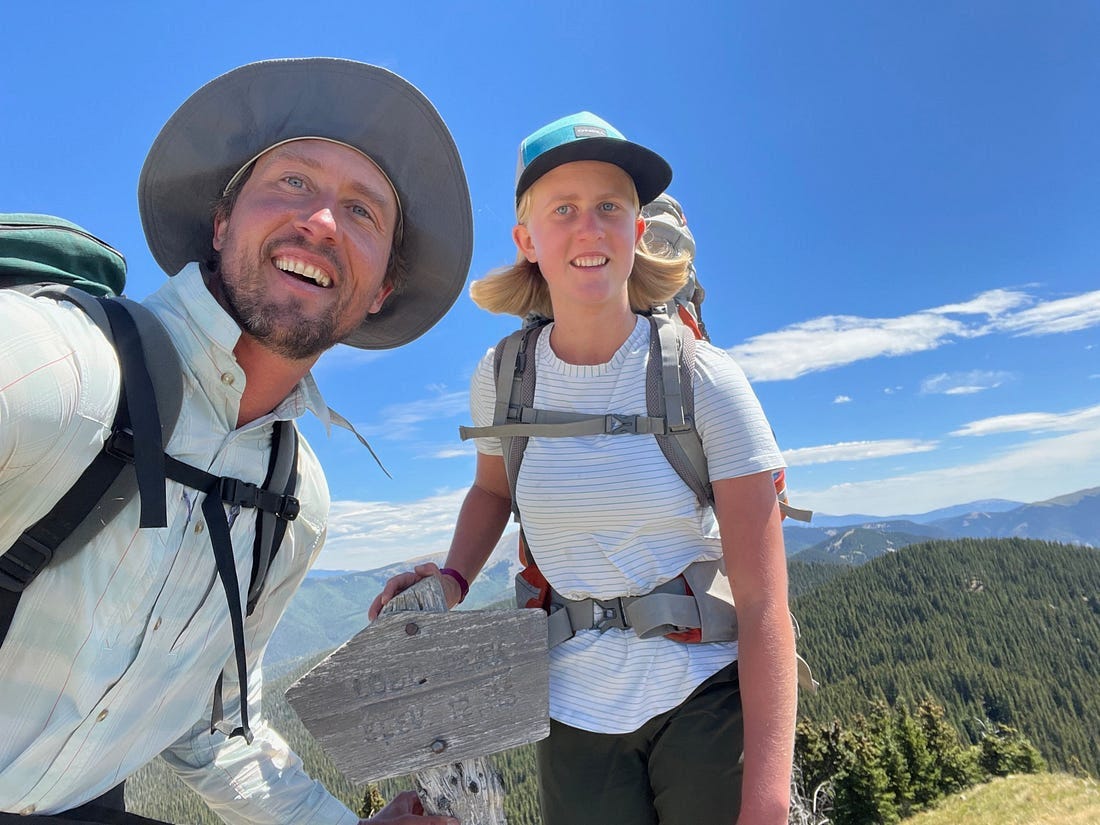
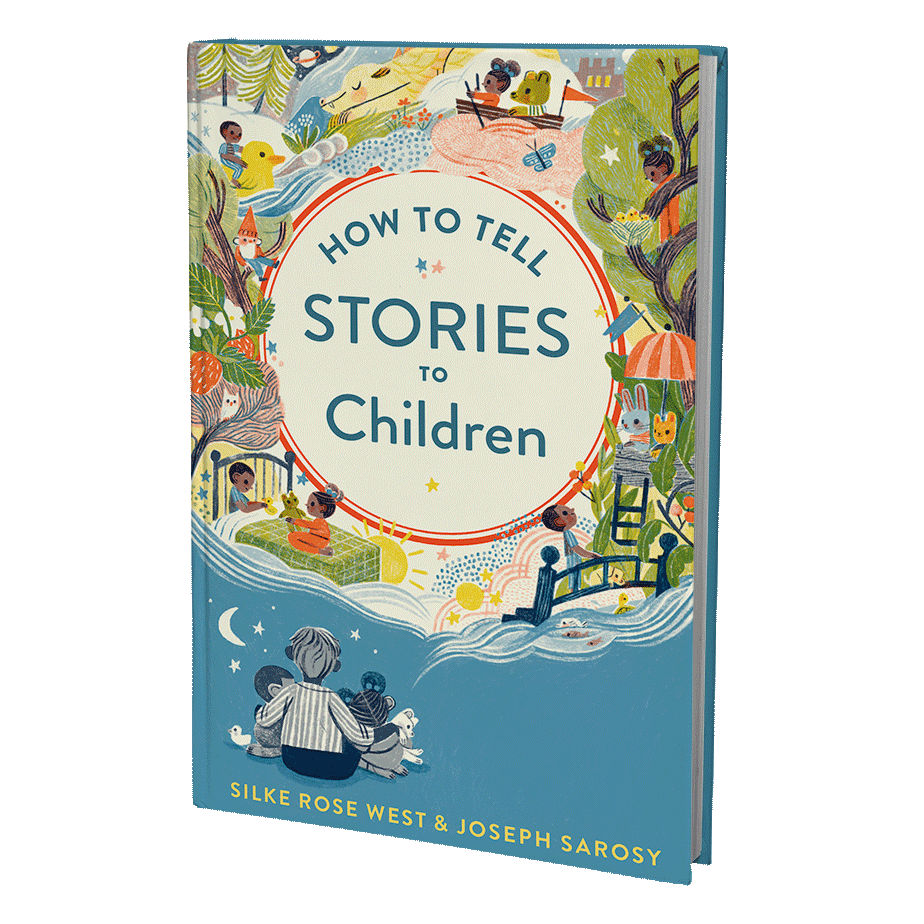
This is so beautifully written. Every single word.
Thank you for writing this. 💛